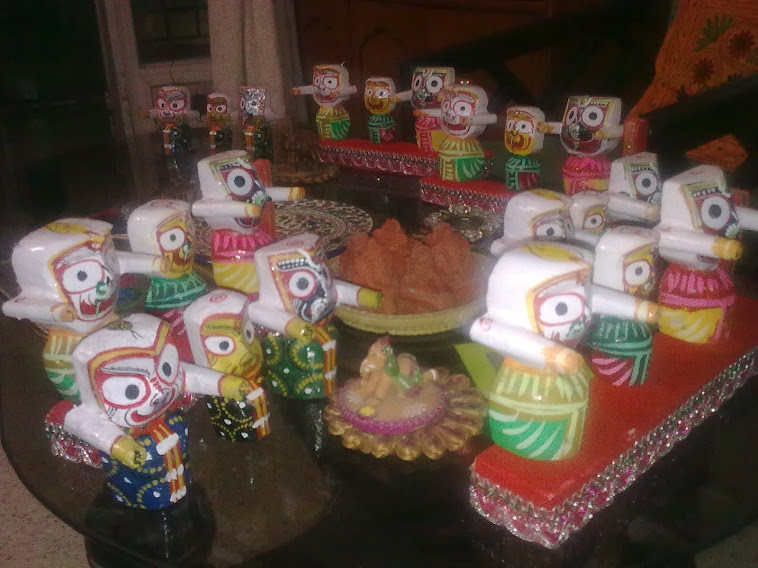What makes an ordinary youngster from an average Indian town turn to violence? Each of us is born with innate talents and capabilities which only require the right environment to blossom. This is the story of Jamaal Ansari, an ordinary lad from a nondescript small town in UP, who breathes his last as Jimmy the terrorist. The novel examines with deep sensitivity the complex socio-economic and political factors that turn a young man "neither cursed nor blessed with extraordinariness" to become sensationalised by the media as some monster. Jamaal, like his father before him and like billions of youngsters all over the country, was merely hungry to be acknowledged, to claim the right to live with social acceptance and dignity. With well-crafted prose, the author succeeds in making us empathise with Jamaal; to want to know and understand the forces leading to his untimely and violent end. Ironically, death brings the alienated Jamaal posthumous fame and acknowledgement by Moazzamabad as one of its own, albeit as a terrorist.
This book explores situations, issues and characters with depth and sensitivity. The author's mastery over language and economy with words results in just the right number of pages of lovely prose, touching the reader's heartstrings or hitting where it hurts, but never meandering with seeming pointlessness and excessive verbosity.
One only wishes that the people outside Jamaal/Jimmy's mohalla, the people who make this world the harsh and unjust place it is, were portrayed with more detail and dimensions. The outsiders are mostly out and out baddies, who make brief appearances and wreak havoc in the lives of Jimmy and others like him. Fleshing them out a bit more would further strengthen Jimmy's poignant story.
My complete review is in Sunday Herald
This book explores situations, issues and characters with depth and sensitivity. The author's mastery over language and economy with words results in just the right number of pages of lovely prose, touching the reader's heartstrings or hitting where it hurts, but never meandering with seeming pointlessness and excessive verbosity.
One only wishes that the people outside Jamaal/Jimmy's mohalla, the people who make this world the harsh and unjust place it is, were portrayed with more detail and dimensions. The outsiders are mostly out and out baddies, who make brief appearances and wreak havoc in the lives of Jimmy and others like him. Fleshing them out a bit more would further strengthen Jimmy's poignant story.
My complete review is in Sunday Herald






